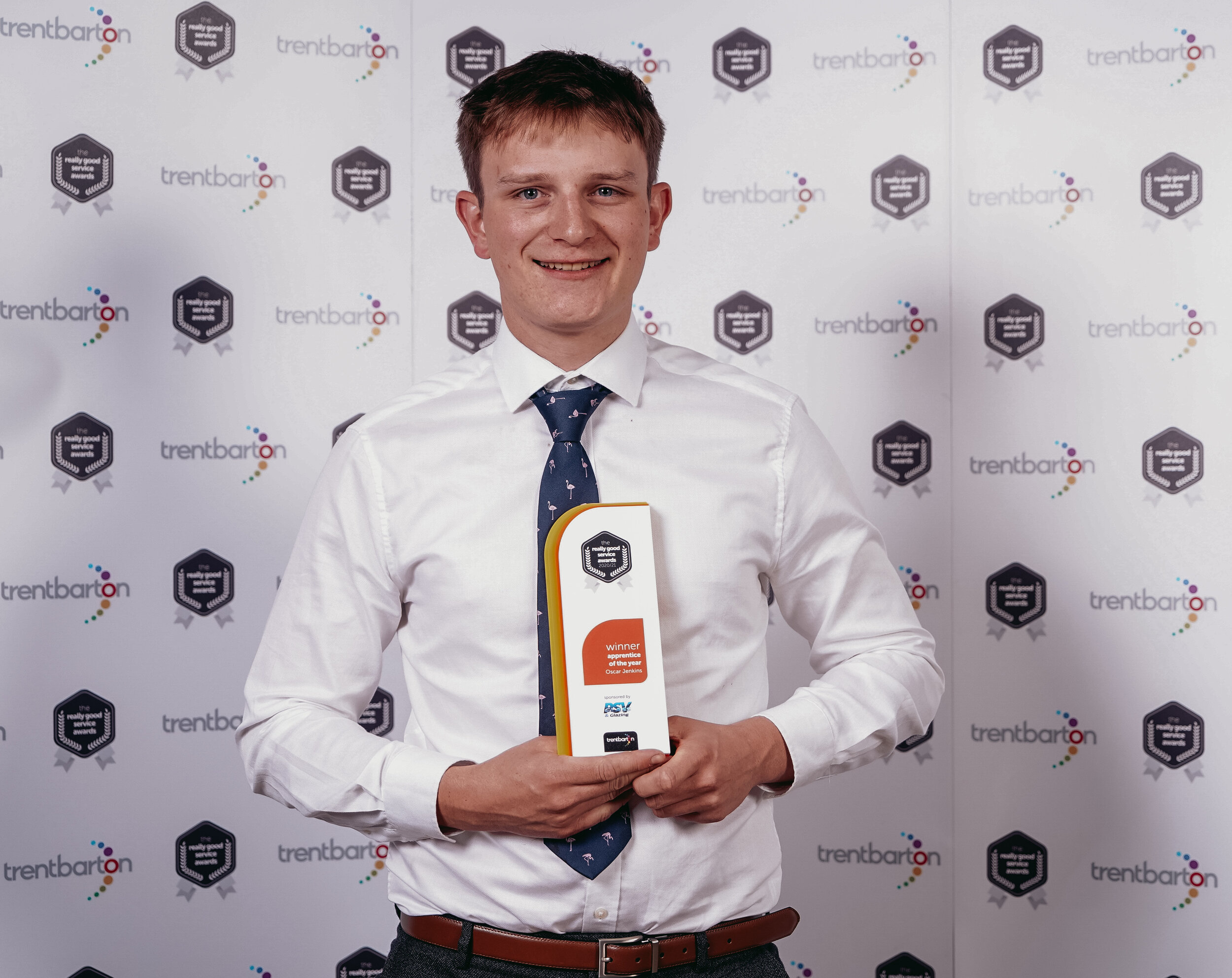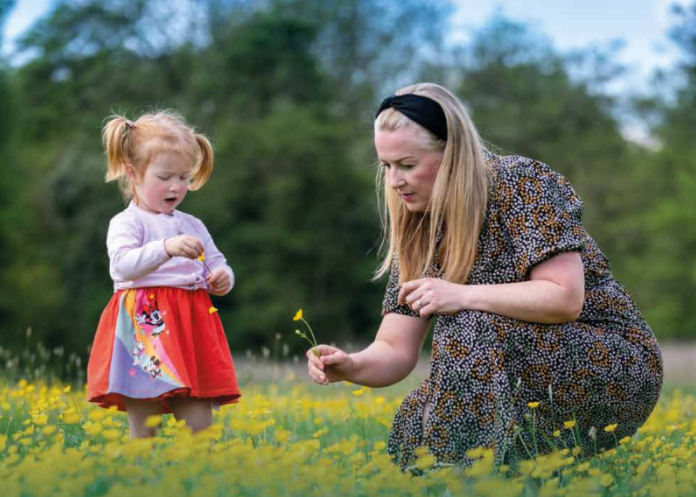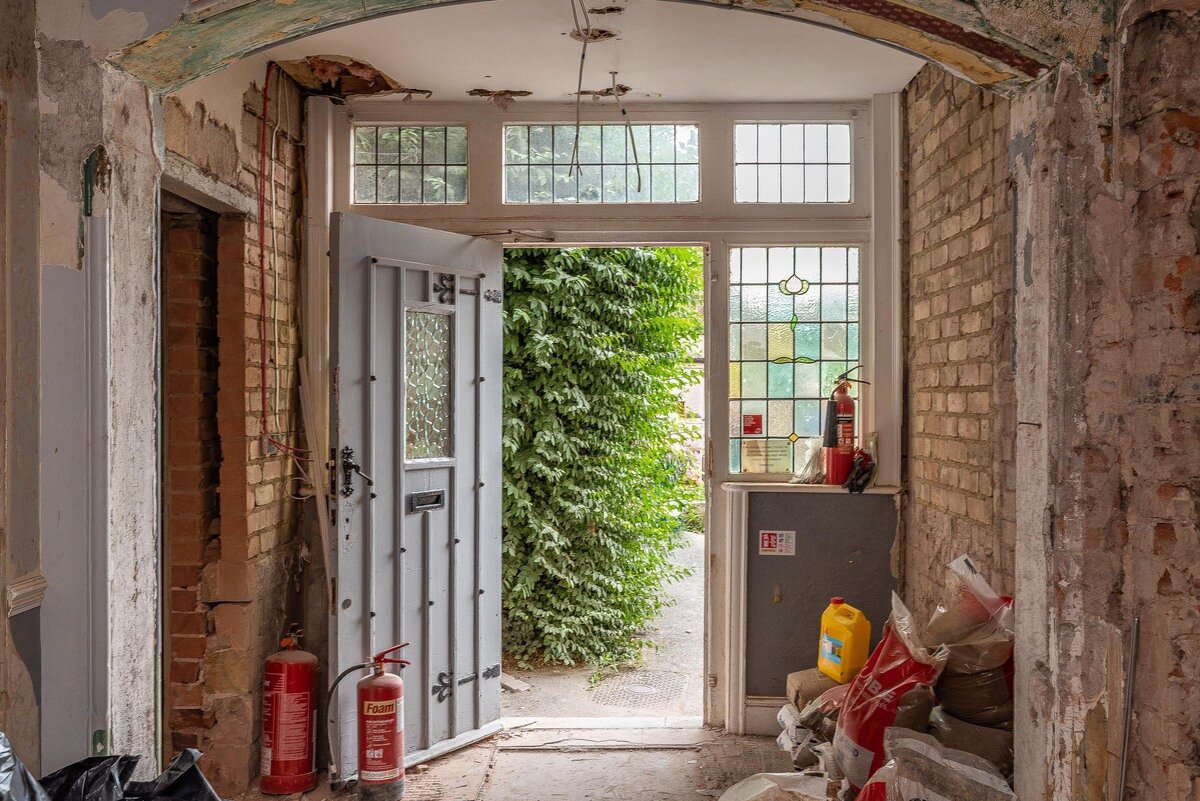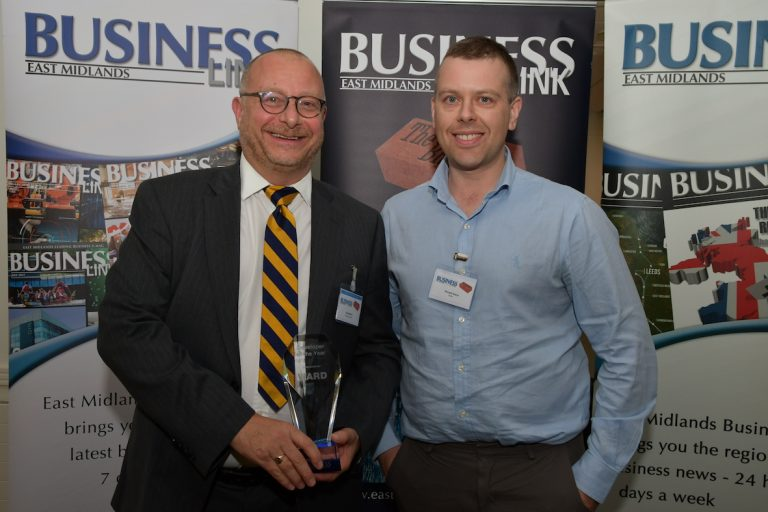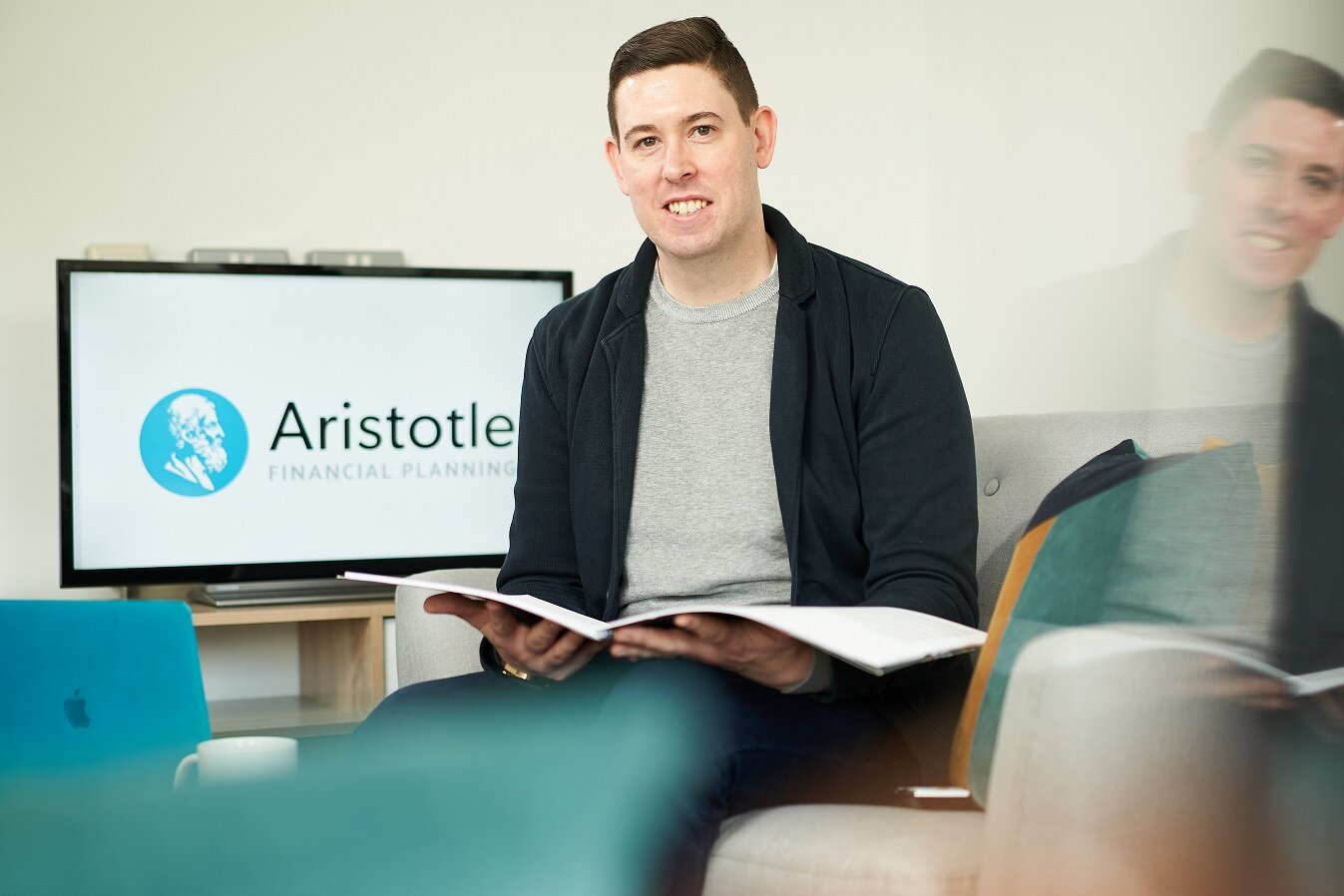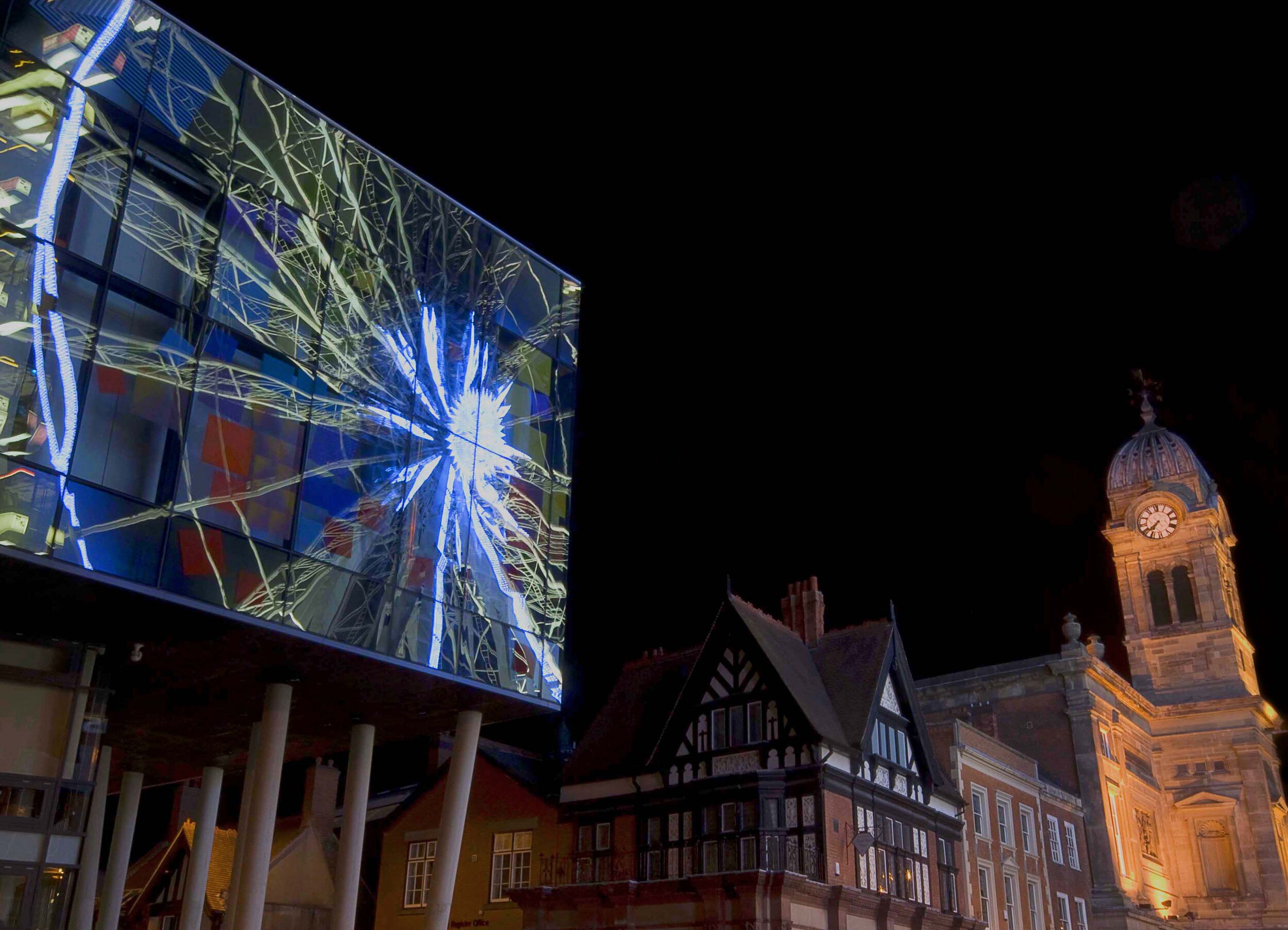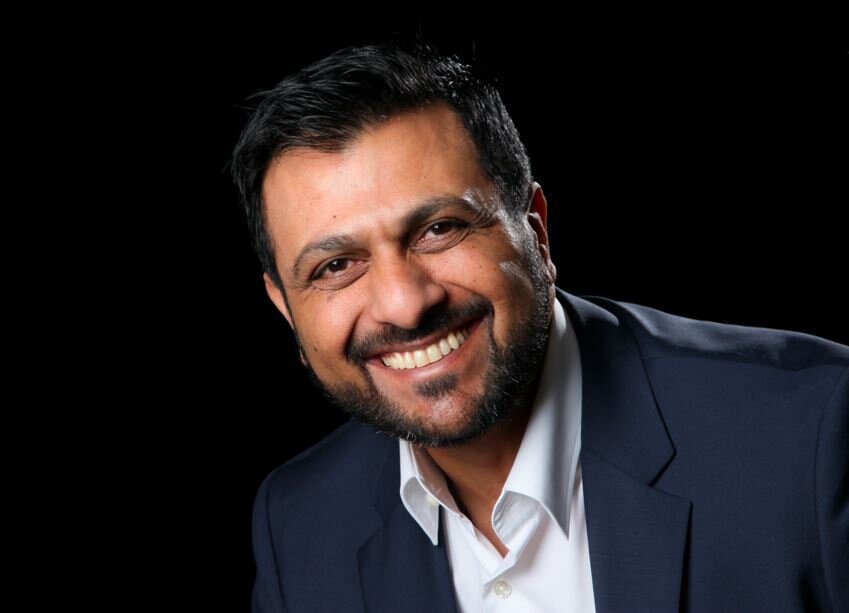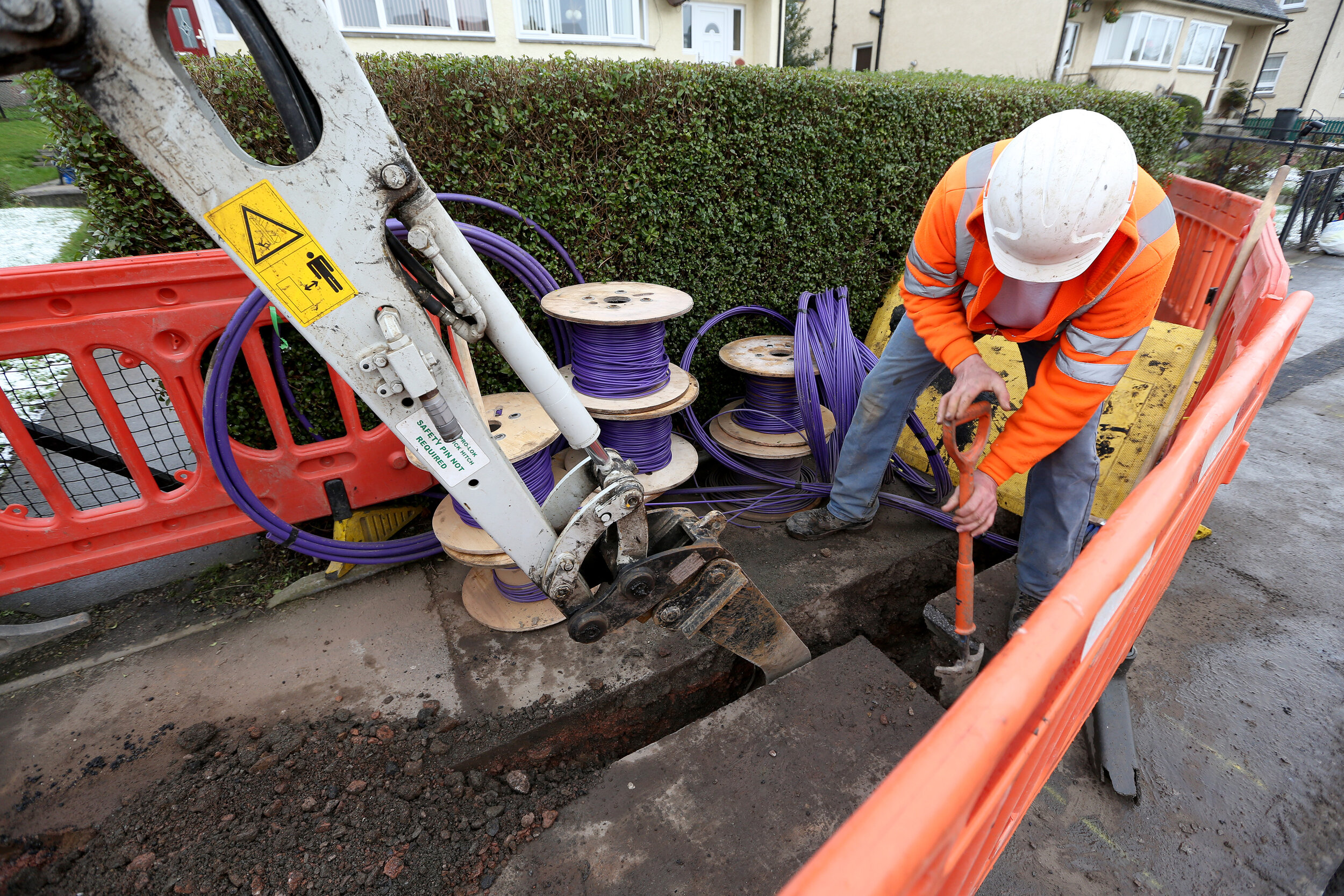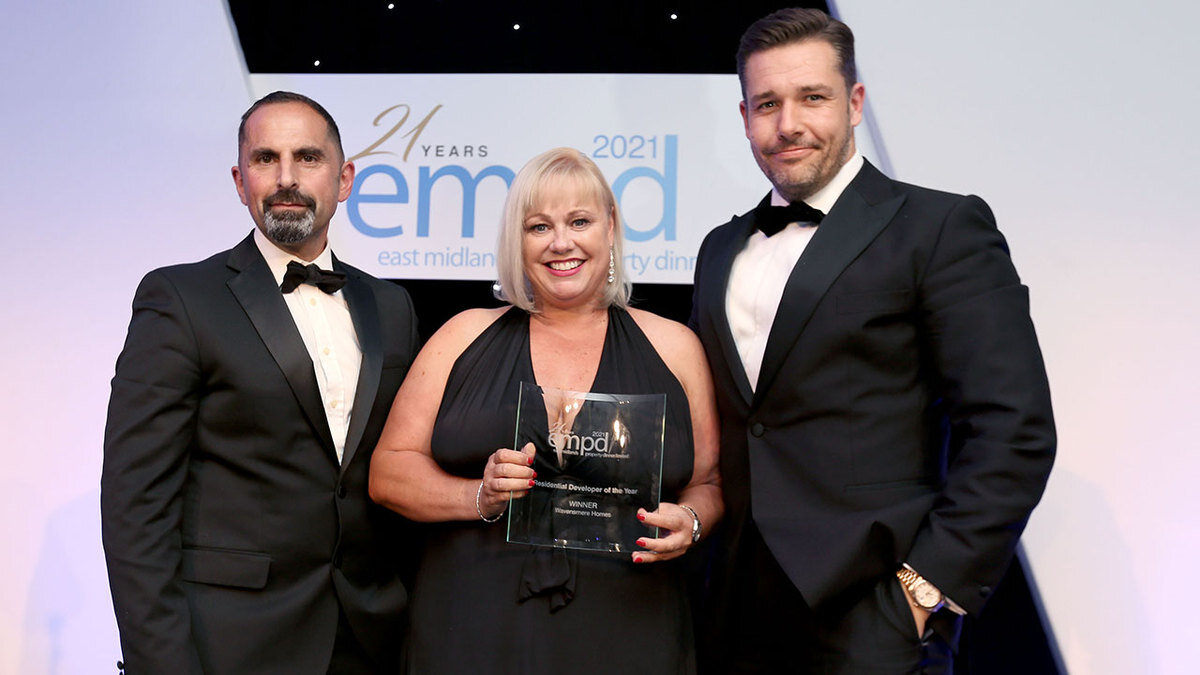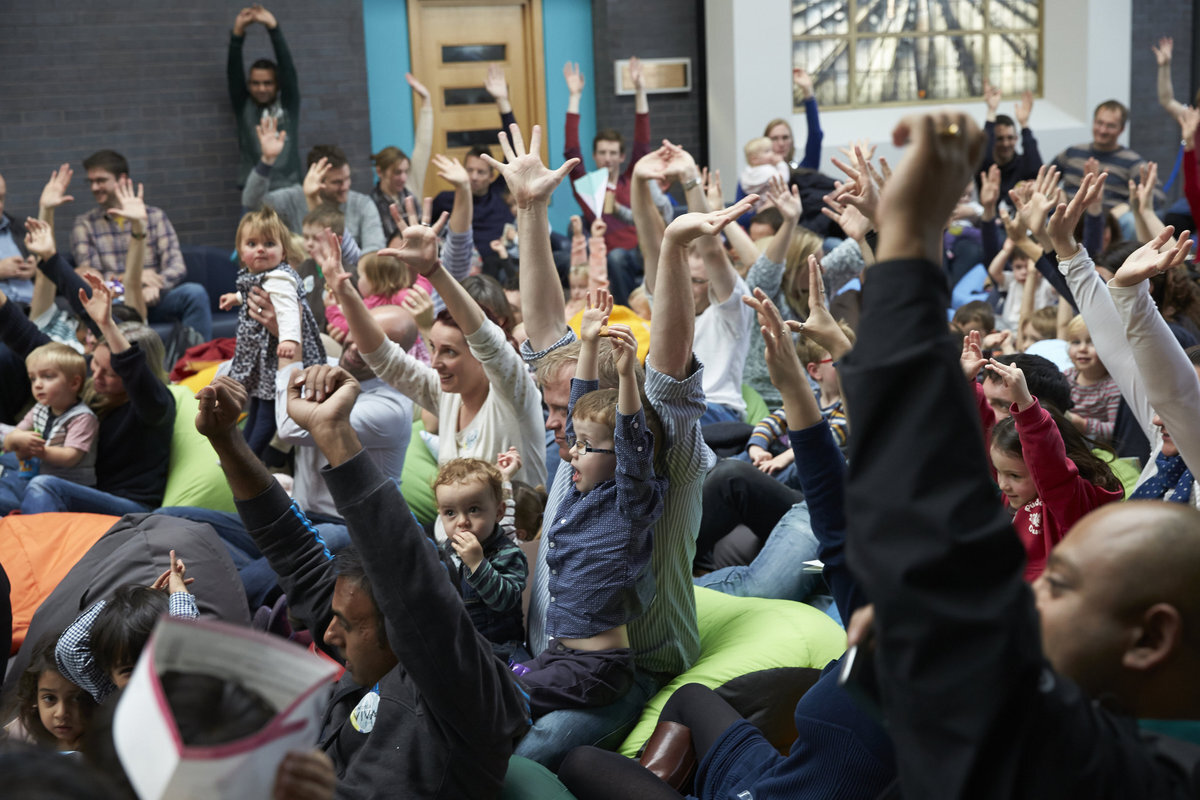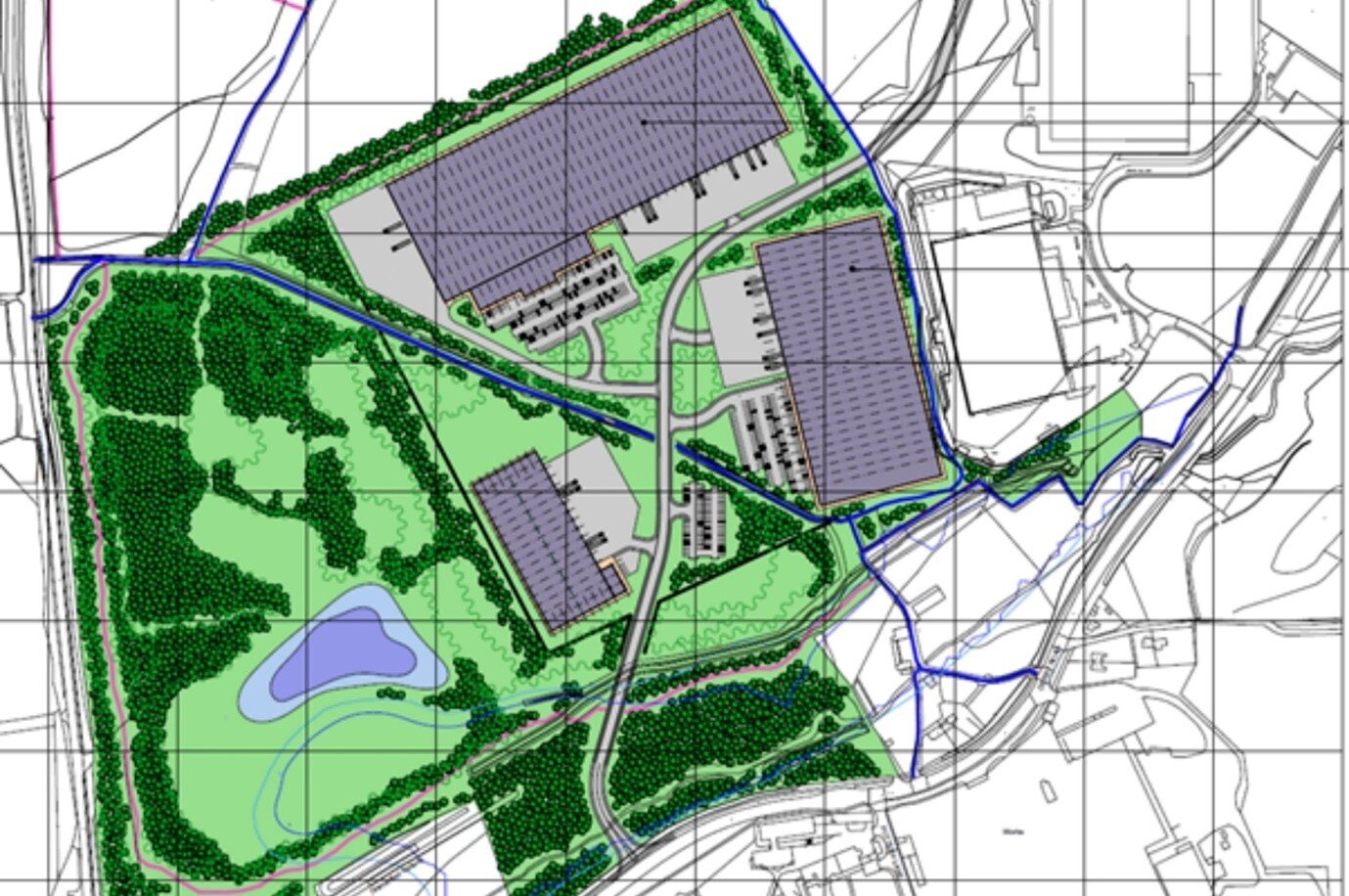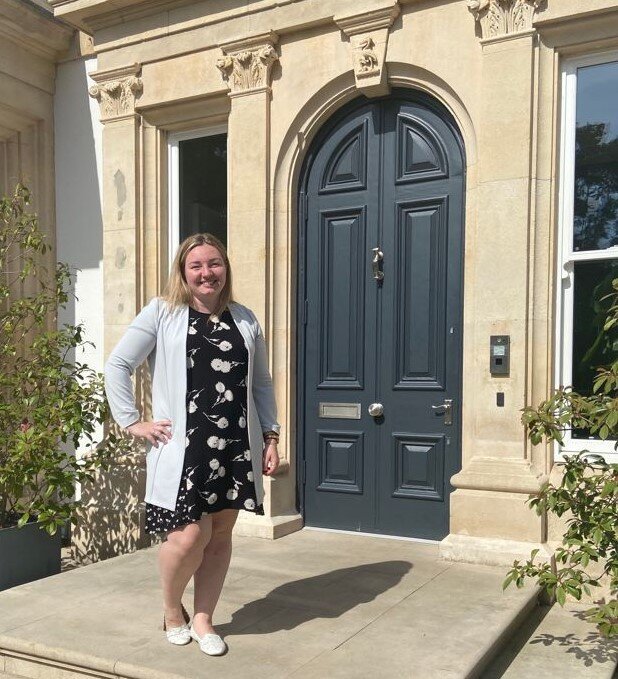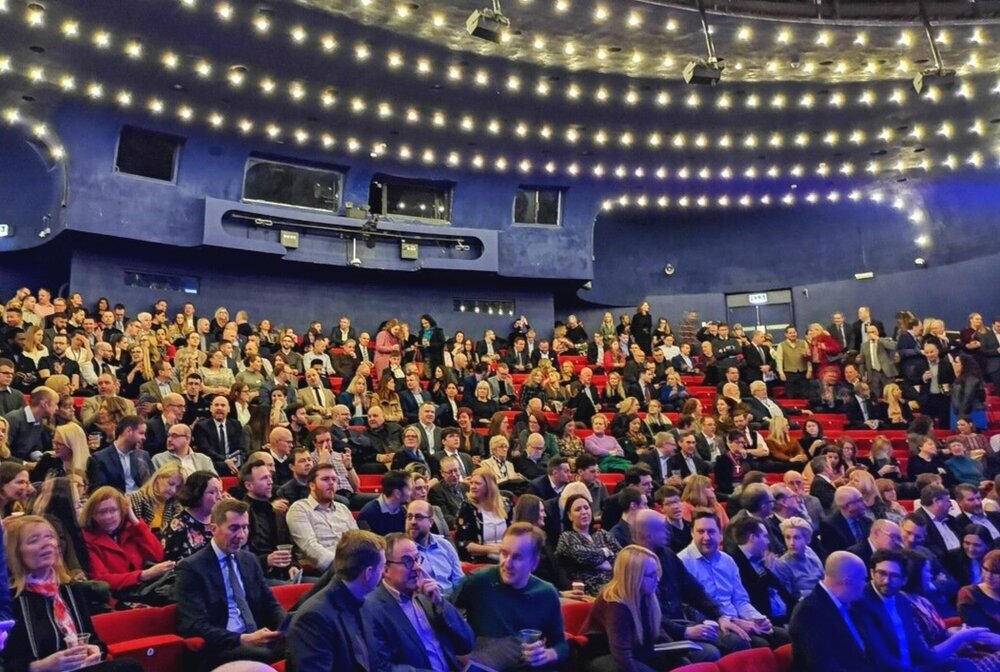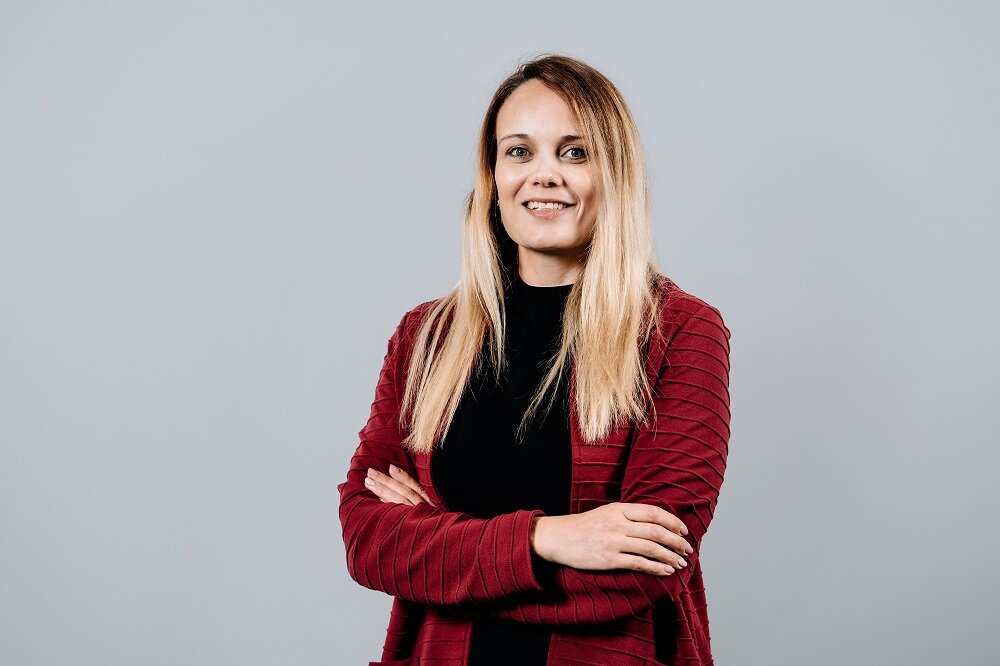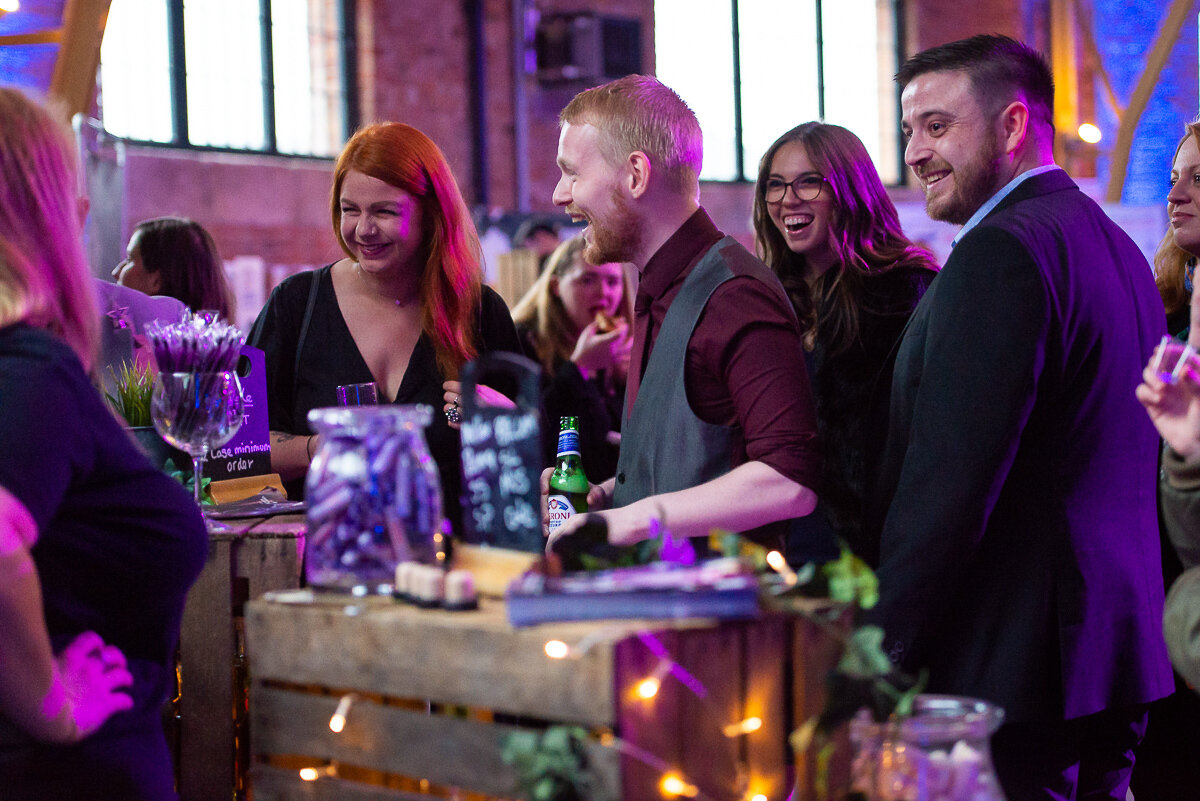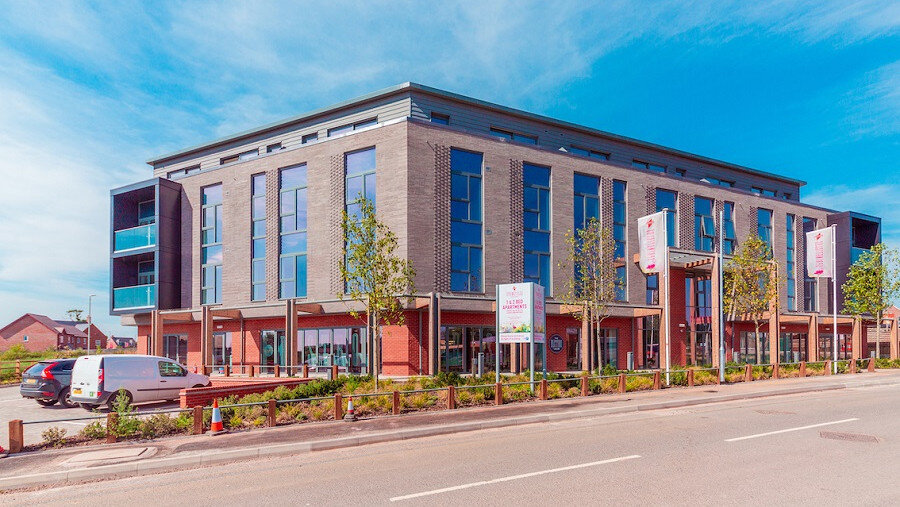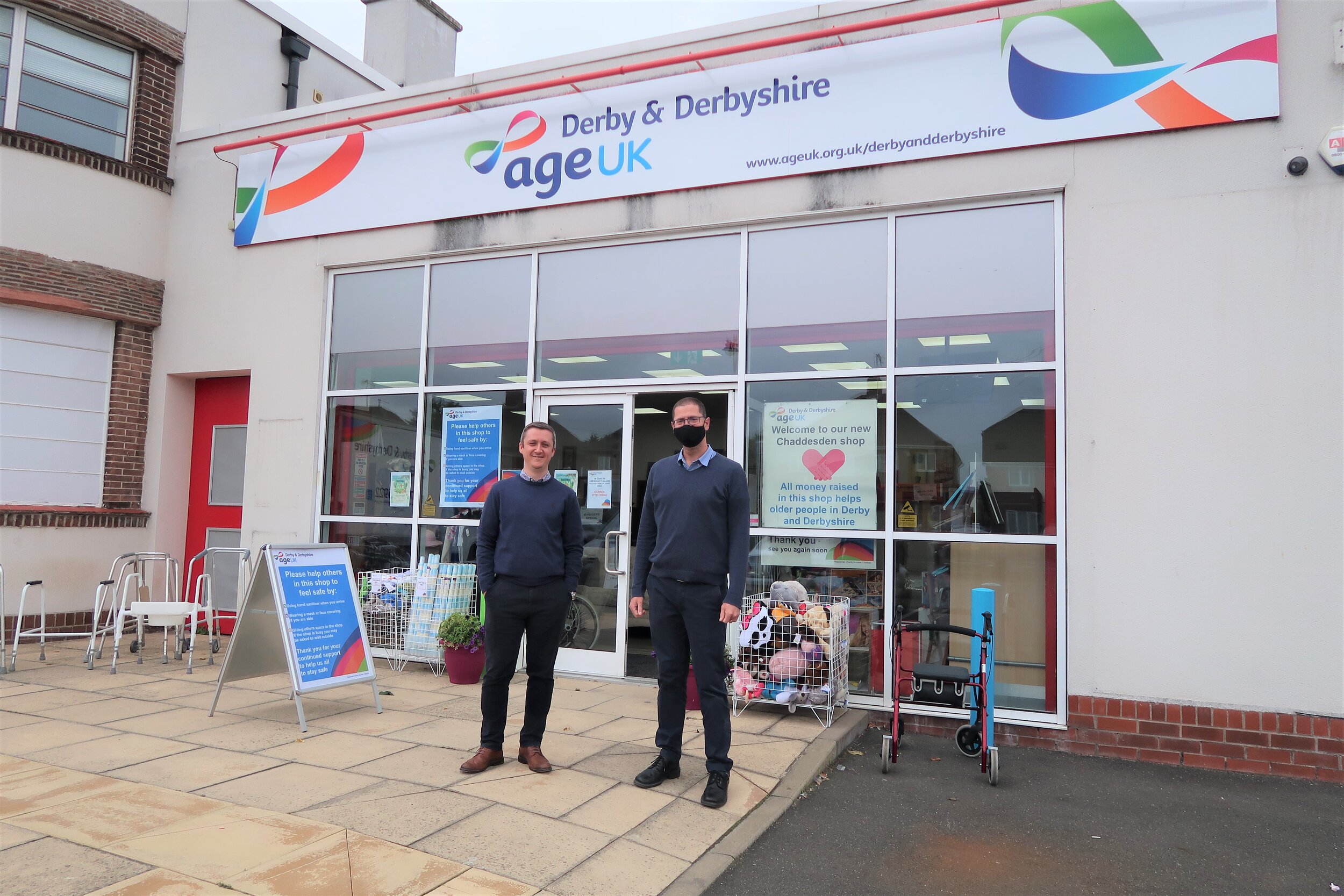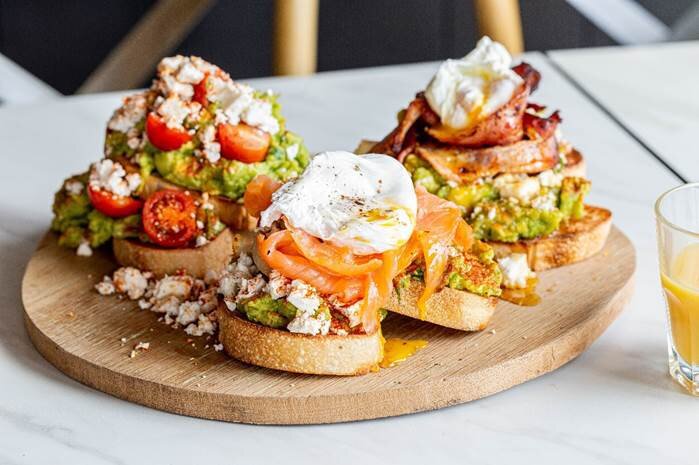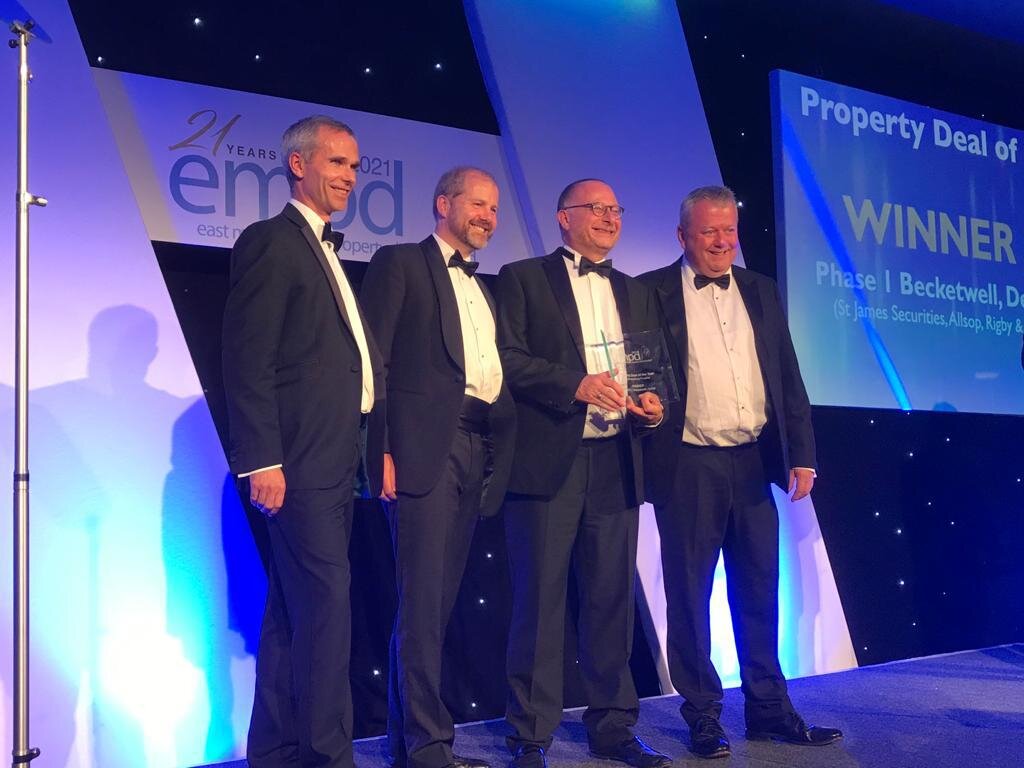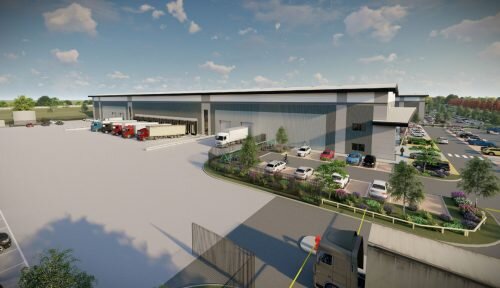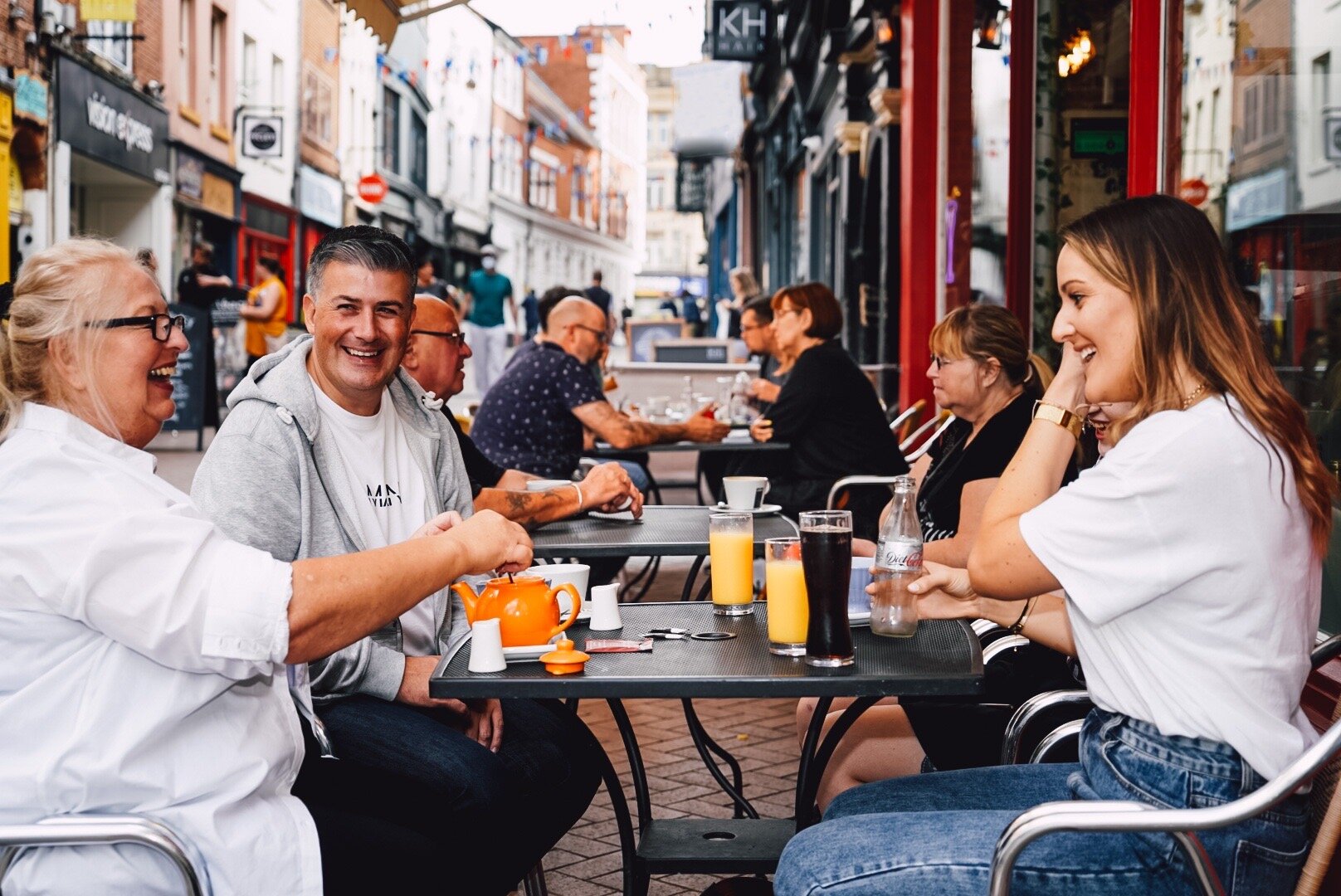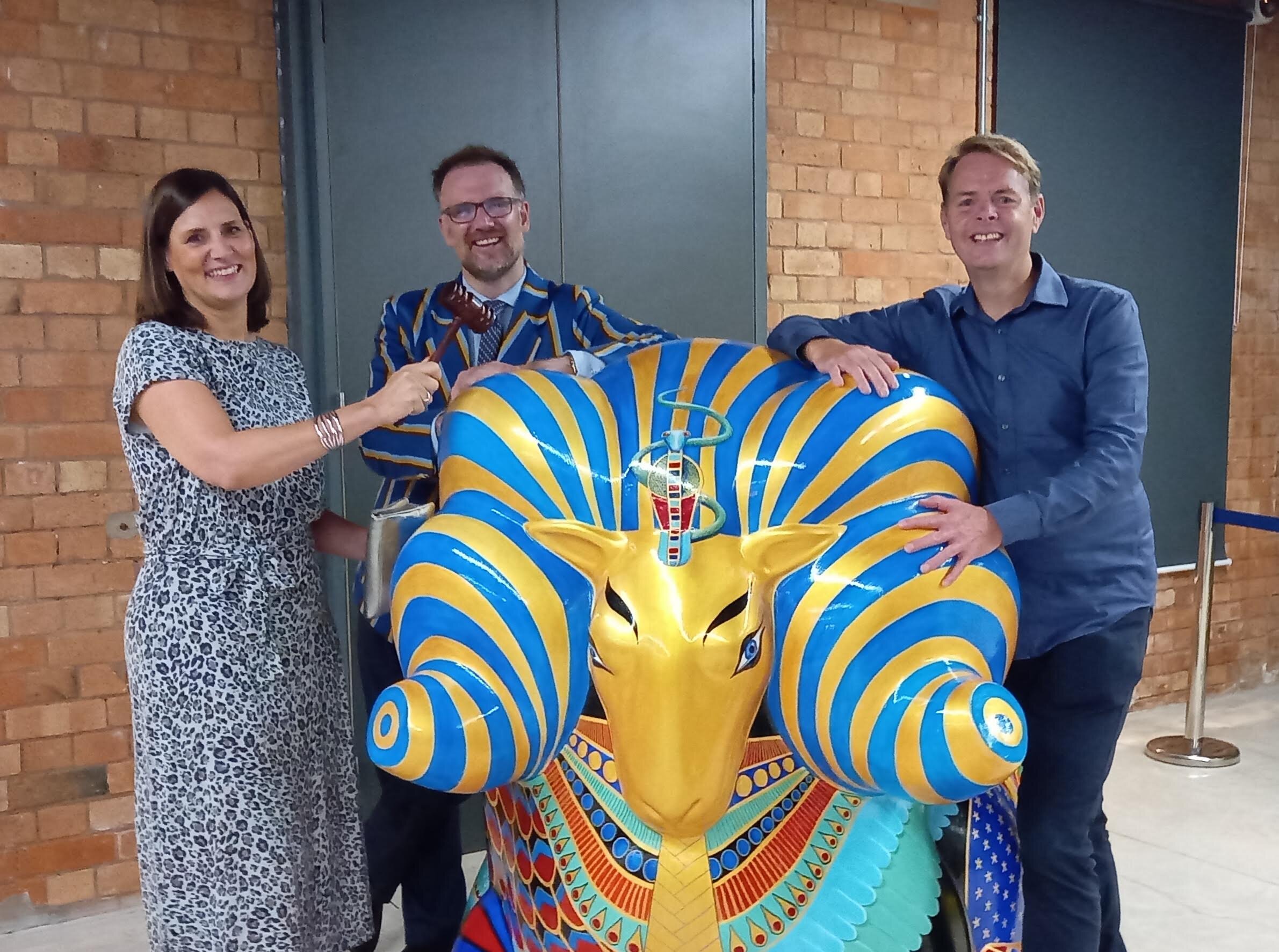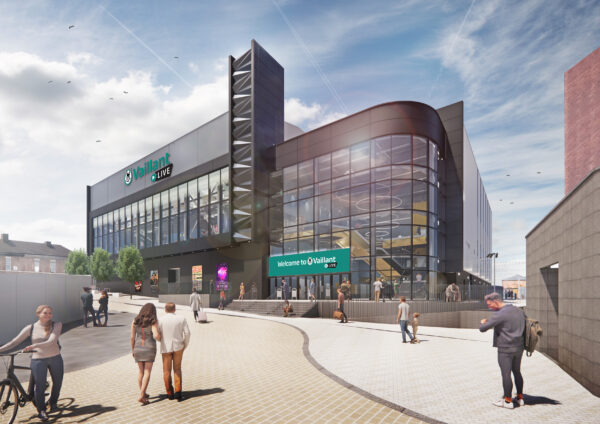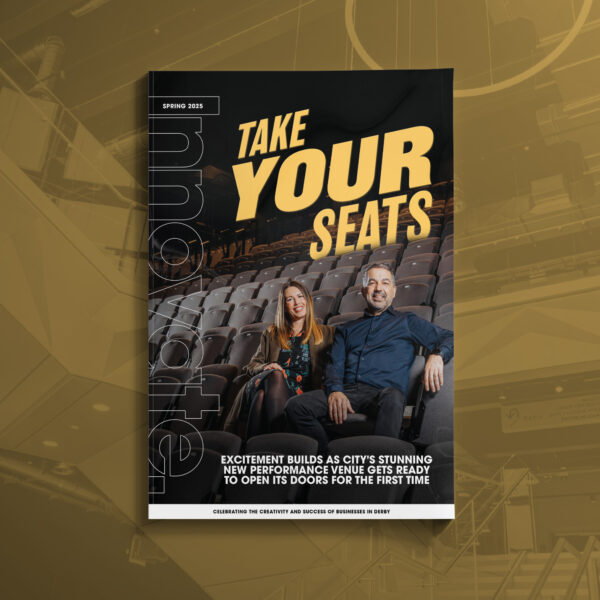Latest News | 20 February 2020
City election cycle
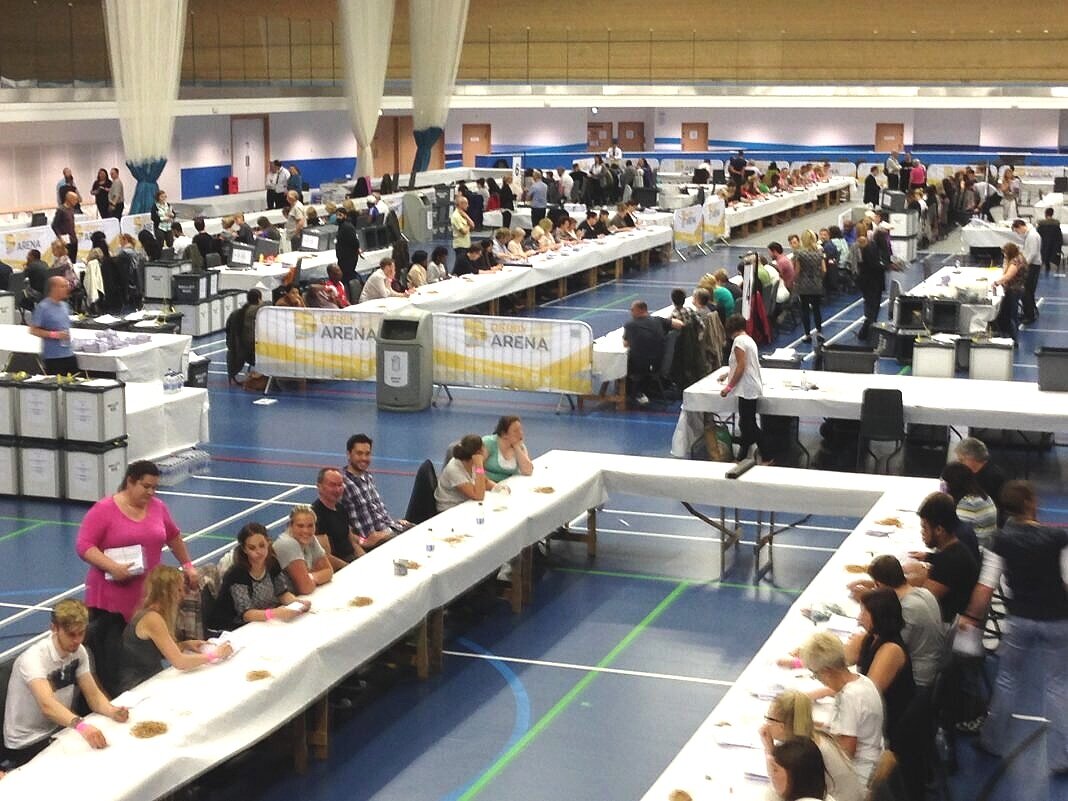
Residents and businesses of Derby are being asked by Bondholder Derby City Council to give their opinions on how the city runs its local elections.
A consultation is underway to consider moving from the current ‘Elections by Thirds’ model, where elections are held three times in every four years, to the 'Whole Council Elections’ model, with an election held once every four years.
In previous consultations, Marketing Derby, the Derby Renaissance Board and the wider business community have been strong supporters of the proposed change, which will save the taxpayer £475,000.
Emily Feenan, Director of Legal, Procurement and Democratic Services and Monitoring Officer at the Council, said: “With so much change in the Council in the last four years it’s a good opportunity for us to visit this proposal again with no election next year.”
The consultation is opened for residents and businesses to have their say until Monday 23rd March 2020. Click here to access the consultation.
There are 55 Unitary Authorities like Derby in England and the city is one of 17 which currently uses the 'Elections by Thirds' model. Under the 'Whole Council Elections' model, one Local Election would be held every four years, with no other Local Elections during the intervening period, unless a by-election was required for a councillor resignation, retirement or other reason.
The Council previously consulted on adopting this system in 2016 but, despite public support, the motion did not receive the necessary two-thirds backing of councillors. As a result, in November 2019, councillors took the decision to revisit the decision.
As next year is a 'fallow year' under the current model, Local Elections will not be held in 2021, making 2020 a suitable time for the change to be considered.
“There are of course advantages and disadvantages in both models and it’s important for us to hear what the residents of Derby want before we move forward with any changes,” added Emily Freenan.
Responses to consultation will be used to help councillors decide whether to continue using the current model or to introduce the new model. A special Council meeting will be held to consider the proposal and if, at this meeting, a two-thirds majority of councillors support a change to the election cycle, the motion will be passed for a move to ‘Whole Council Elections’.



